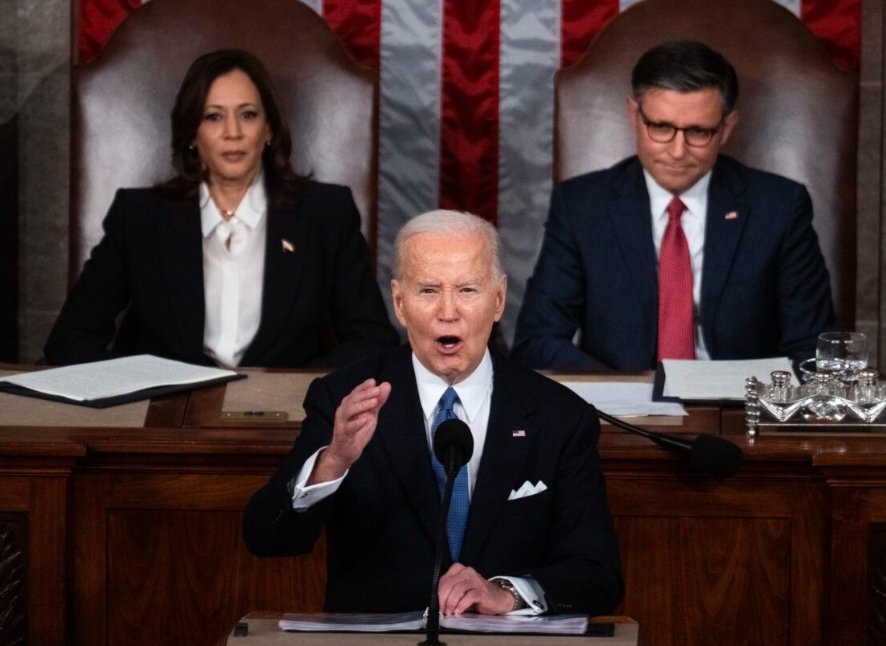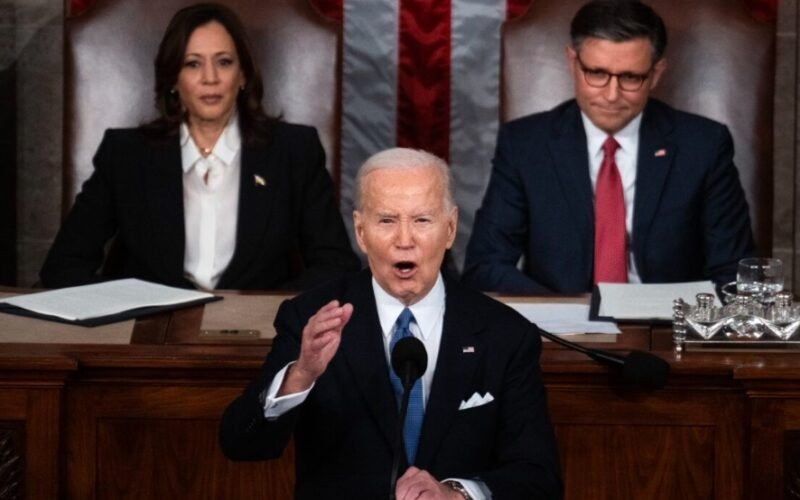In a historic gathering at the White House, Vice President Kamala Harris will meet with individuals who have been granted pardons for marijuana convictions. This significant event underscores the Biden administration’s ongoing commitment to criminal justice reform and the reevaluation of cannabis-related laws.
A New Chapter in Justice Reform
The roundtable, featuring prominent figures such as rapper Fat Joe and Kentucky Governor Andy Beshear, will serve as a platform to discuss the future of marijuana legislation and its impact on society. The Vice President’s initiative reflects a broader shift in policy as the administration seeks to address the long-standing disparities in drug sentencing.
This meeting follows President Biden’s recent pardons for a range of marijuana possession and use offenses, a move that has been lauded for its potential to ease the burden on thousands of Americans. The pardons aim to alleviate the challenges faced by those with convictions, including difficulties in securing employment, housing, and education.

The Ripple Effect of Clemency
The White House event will also highlight the personal stories of those affected by previous drug policies, putting a human face on the issue of cannabis reform. The administration’s actions are not only a step towards more equitable treatment under the law but also a significant gesture towards healing the wounds of past injustices.
The pardons are expected to have a profound impact on the lives of many, removing the stigma associated with a criminal record and offering a second chance. The roundtable is set to reinforce the administration’s stance on the need for a more just and fair legal system, particularly concerning non-violent drug offenses.
Beyond the Pardon: Future Prospects
The conversation at the White House is likely to spark further dialogue on the role of cannabis in American society and the potential for future legislative changes. With the legal status of marijuana evolving across the country, the administration’s proactive approach may pave the way for more comprehensive reforms at both the federal and state levels.




